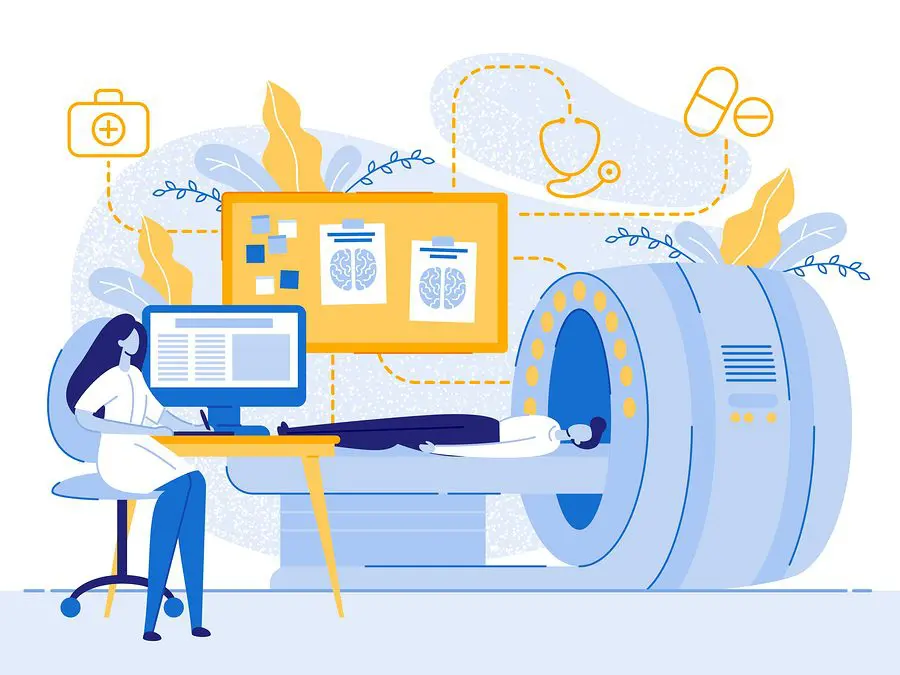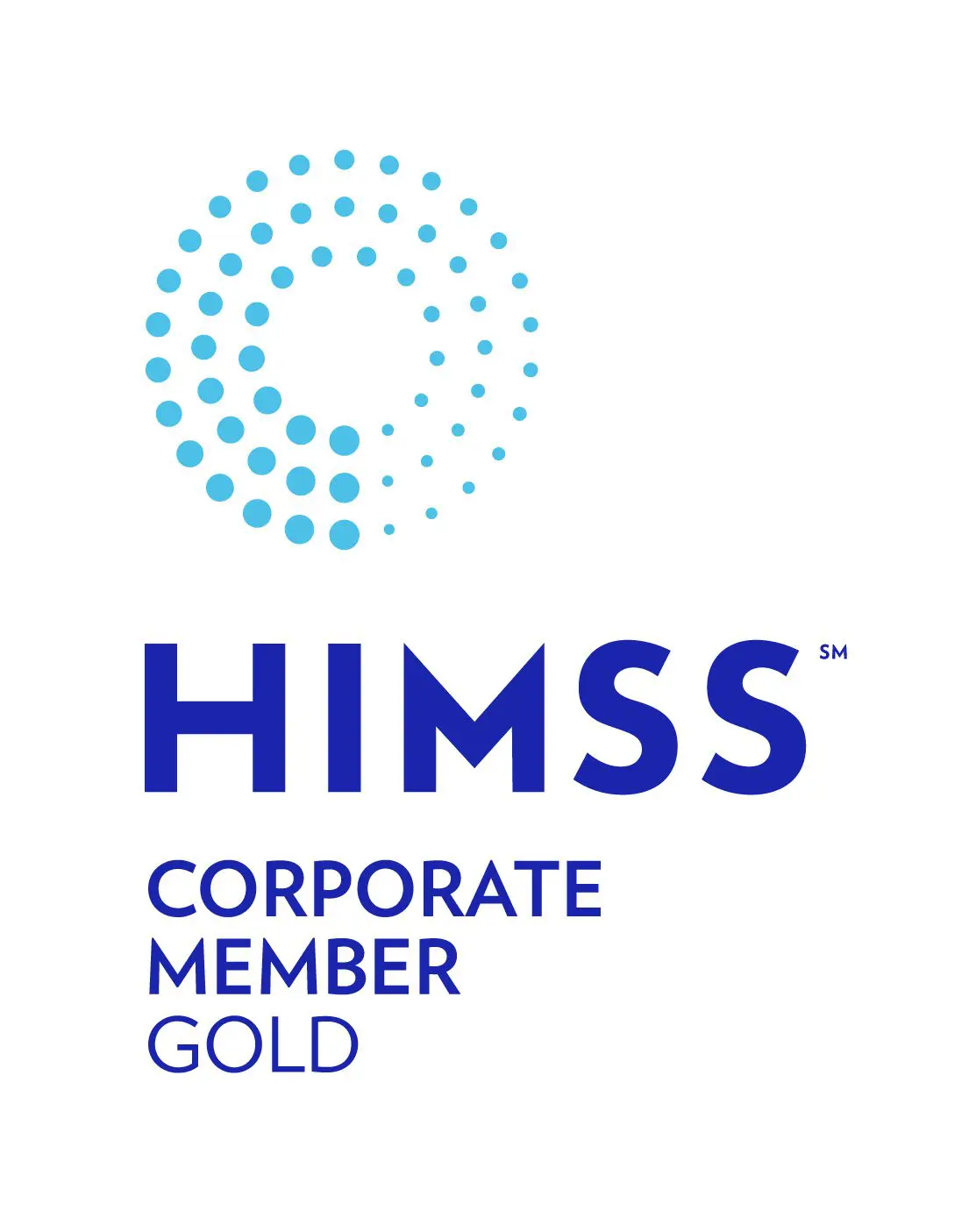
While cancer is among the leading causes of death worldwide with nearly two million adults diagnosed each year in the U.S., the number of survivors continues to rise and is expected to reach 20.3 million by the year 2026.
Negative health effects brought on by chemotherapy, radiation, surgery, or other therapies can manifest right away or years after treatment. In fact, two thirds of adult survivors of childhood cancer are at risk of developing a chronic condition as a result of cancer treatment. For this reason, it is essential to actively archive radiation oncology medical records when one EMR gets replaced with another. Secure, long-term access to these radiation oncology medical records ensures quality patient care, effective cancer research, and compliance with record retention requirements.
To manage radiation oncology records, some physicians rely on specialty-specific information systems such as ARIA®, Centricity™‘ RIS-IC, MOSAIQ®, or OncoEMR®. Other providers utilize more general EMRs in their practice like NextGen®, Prime Suite, Allscripts, eClinicalWorks, or Amazing Charts. Any of these systems might interface with a hospital-wide EMR like Epic® or Cerner®, exchanging demographics, appointments, clinical data, and billing information in and outside of the healthcare enterprise. This interoperability enables access to records and continuity of care in support of better outcomes for the patient. For example, if a patient receiving radiation for brain cancer shows up in the emergency room in the middle of the night, the ER doctor could review the most recent radiology/oncology therapies or treatments.
When one of these radiation oncology EMR systems get replaced, it’s important that the consultations, care plans, treatment summaries, and lab/radiology/pathology/operative reports are preserved in an archive versus left siloed in an aging legacy system. Migrating and storing the information into an active archive, like HealthData Archiver®, makes the data accessible to cancer researchers as well as allows for compliance with strict oncology medical record retention requirements (i.e., the Food and Drug Administration requires records pertaining to cancer patients be maintained for 30+ years).
Other archive users benefit as well. Through Single Sign-On from hospital-wide EMRs like Cerner® or Epic®, archived records can be made available, in-context, to treating physicians so that better-informed care decisions can be made at time of treatment. Legal teams can benefit from quick eDiscovery by using search, sort, and filter functions that span consolidated charts. Using built-in workflows, HIM staff can access the active archive to fulfill release of information requests and revenue cycle teams can perform legacy A/R Management.
Is your radiation oncology department/practice looking to archive data or images from a legacy system like ARIA®, Centricity™ RIS-IC, MOSAIQ®, OncoEMR® or any other electronic medical record systems? Our team has award-winning experience in extracting, migrating, and archiving data and images from legacy radiology and oncology systems. Ranked #1 in the 2020 Best in KLAS Software & Services Report as a Category Leader in Data Archiving, we can help.






